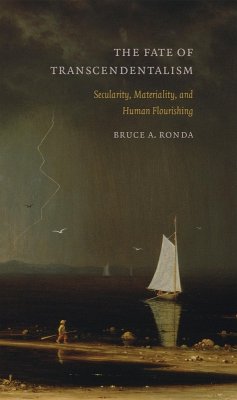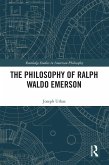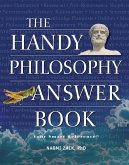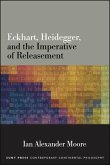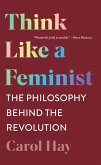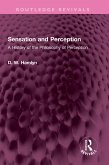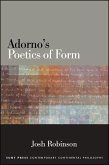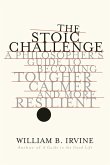The Fate of Transcendentalism examines the mid-nineteenth-century flowering of American transcendentalism and shows the movement's influence on several subsequent writers, thinkers, and artists who have drawn inspiration and energy from the creative outpouring it produced. In this wide-ranging study, Bruce A. Ronda offers an account of the movement as an early example of the secular turn in American culture and brings to bear insights from philosopher Charles Taylor and others who have studied the broad cultural phenomenon of secularization.
Ronda's account turns on the interplay and tension between two strands in the transcendentalist movement. Many of the social experiments associated with transcendentalism, such as the Brook Farm and Fruitlands reform communities, Temple School, and the West Street Bookshop, as well as the transcendentalists' contributions to abolition and women's rights, spring from a commitment to human flourishing without reference to a larger religious worldview. Other aspects of the movement, particularly Henry Thoreau's late nature writing and the rich tradition it has inspired, seek to minimize the difference between the material and the ideal, the human and the not-human. The Fate of Transcendentalism allows readers to engage with this fascinating dialogue between transcendentalist thinkers who believe that the ultimate end of human life is the fulfillment of human possibility and others who challenge human-centeredness in favor a relocation of humanity in a vital cosmos.
Ronda traces the persistence of transcendentalism in the work of several representative twentieth- and twenty-first-century figures, including Charles Ives, Joseph Cornell, Truman Nelson, Annie Dillard, and Mary Oliver, and shows how this dialogue continues to inform important imaginative work to this date.
Ronda's account turns on the interplay and tension between two strands in the transcendentalist movement. Many of the social experiments associated with transcendentalism, such as the Brook Farm and Fruitlands reform communities, Temple School, and the West Street Bookshop, as well as the transcendentalists' contributions to abolition and women's rights, spring from a commitment to human flourishing without reference to a larger religious worldview. Other aspects of the movement, particularly Henry Thoreau's late nature writing and the rich tradition it has inspired, seek to minimize the difference between the material and the ideal, the human and the not-human. The Fate of Transcendentalism allows readers to engage with this fascinating dialogue between transcendentalist thinkers who believe that the ultimate end of human life is the fulfillment of human possibility and others who challenge human-centeredness in favor a relocation of humanity in a vital cosmos.
Ronda traces the persistence of transcendentalism in the work of several representative twentieth- and twenty-first-century figures, including Charles Ives, Joseph Cornell, Truman Nelson, Annie Dillard, and Mary Oliver, and shows how this dialogue continues to inform important imaginative work to this date.
Dieser Download kann aus rechtlichen Gründen nur mit Rechnungsadresse in A, D ausgeliefert werden.

